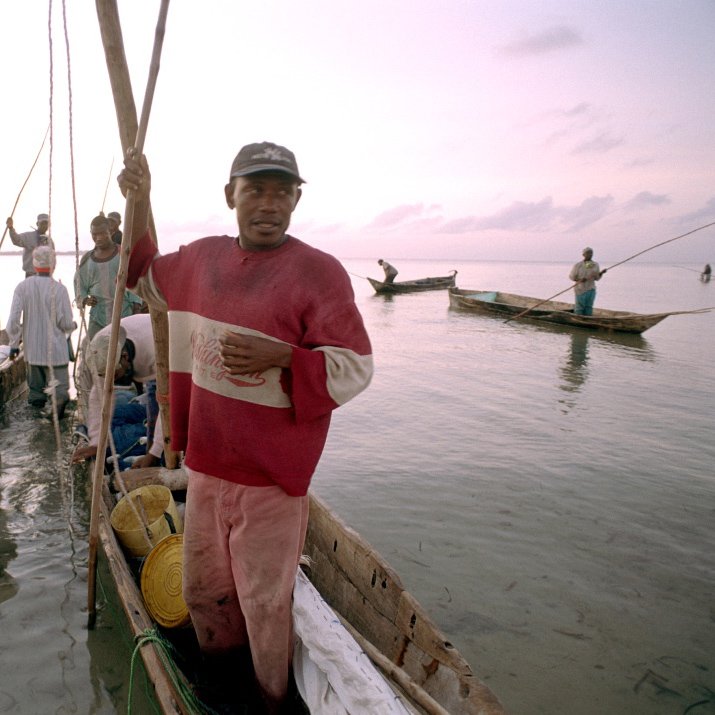- Lighthouse Foundation
- Projects
- International: Small-scale fisheries guidelines curriculum
International: Small-scale fisheries guidelines curriculum
What is at issue:
The Voluntary Guidelines for Securing Sustainable Small-Scale Fisheries in the Context of Food Security and Poverty Eradication (the SSF Guidelines) was the first internationally agreed instrument dedicated entirely to the immensely important - but often neglected – small-scale fisheries sector.
The small-scale fisheries sector tends to be firmly rooted in local communities, traditions and values. Many small-scale fishers are self-employed and usually provide fish for direct consumption within their households or communities. Women are significant participants in the sector, particularly in post-harvest and processing activities. It is estimated that about 90 percent of all people directly dependent on capture fisheries work in the small-scale fisheries sector. As such, small-scale fisheries serve as an economic and social engine, providing food and nutrition security, employment and other multiplier effects to local economies while underpinning the livelihoods of riparian communities.
Rural students (ages 10-18) and local educators from small-scale fishing (SSF) communities in Latin America, Africa, Southeast Asia, French Polynesia, the Mediterranean, and the African continent form focus groups to offer their nuanced perspectives on the Food and Agriculture Organization of the United Nation's Voluntary Guidelines for Securing Sustainable Small-Scale Fisheries in the Context of Food Security and Poverty Eradication (SSF Guidelines) as an exploratory curriculum, student workbook, and teacher's guide.
Beyond The Surface International is a community-based nonprofit working with rural students from small-scale fishing villages using Positive Youth Development tools like surfing, trans media storytelling, and mindfulness for young learners to grow up resilient and promote social-ecological wellbeing for healthy oceans and people.
What's happening now:
Ready by the end of February: A dynamic learning framework leveraging investigation and imagination for young people and educators to explore and mobilize the FAO's Voluntary Guidelines for Securing Sustainable Small-Scale Fisheries in the Context of Food Security & Poverty Eradication in their own SSF communities as social-ecological systems.
What it took: Leveraging the SSF Guidelines Student Focus Groups through a Youth-led Participatory Action Research approach to positive youth and community development, rural participants are trained to conduct systematic research focused on their local fishery in the context of food security, natural-cultural heritage, health, livelihoods, gender equity, and human rights, to improve their lives, their communities, and the institutions intended to serve them. National Geographic Explorers, including marine scientists and transmedia storytellers, will join focus groups virtually via Zoom or Whatsapp and support students to share their perspectives, generating findings that provide insights into social-ecological issues faced by their SSF, as well as incorporate resources that matter in helping solve those issues into the curriculum materials.
The focus groups strive to promote young people’s sociopolitical development and psychological empowerment such that they understand the roots of problems facing their SSF communities and have the skills and motivation to take action in the framework of the SSF Guidelines and the new educational components.
Through participatory photography, stop-motion animations, ArcGIS Storymaps, and other transmedia tools, students and their teachers utilize tablets to share their findings and inputs rooted in young people's experiences and fortified by science.
What we have achieved:
November 2021 marks the beginning of the International Year of Artisanal Fisheries and Aquaculture (IYAFA 2022), and student focus groups sessions will start. Supported by local nonprofits connected with the local educational instruction in their fishing community, students, educators, and school administrators will follow a 12-month program guiding focus groups through the SSF Guidelines and offering ample space, tools, training, and activities for their honest inputs on the curriculum package. Participants will share insights through open-ended questionnaires and homework assignments that utilize their SSF village as a classroom. Students will work with the curriculum development team through the post-production of the curriculum package due to the FAO by the culmination of IYAFA 2022 in late November 2022.
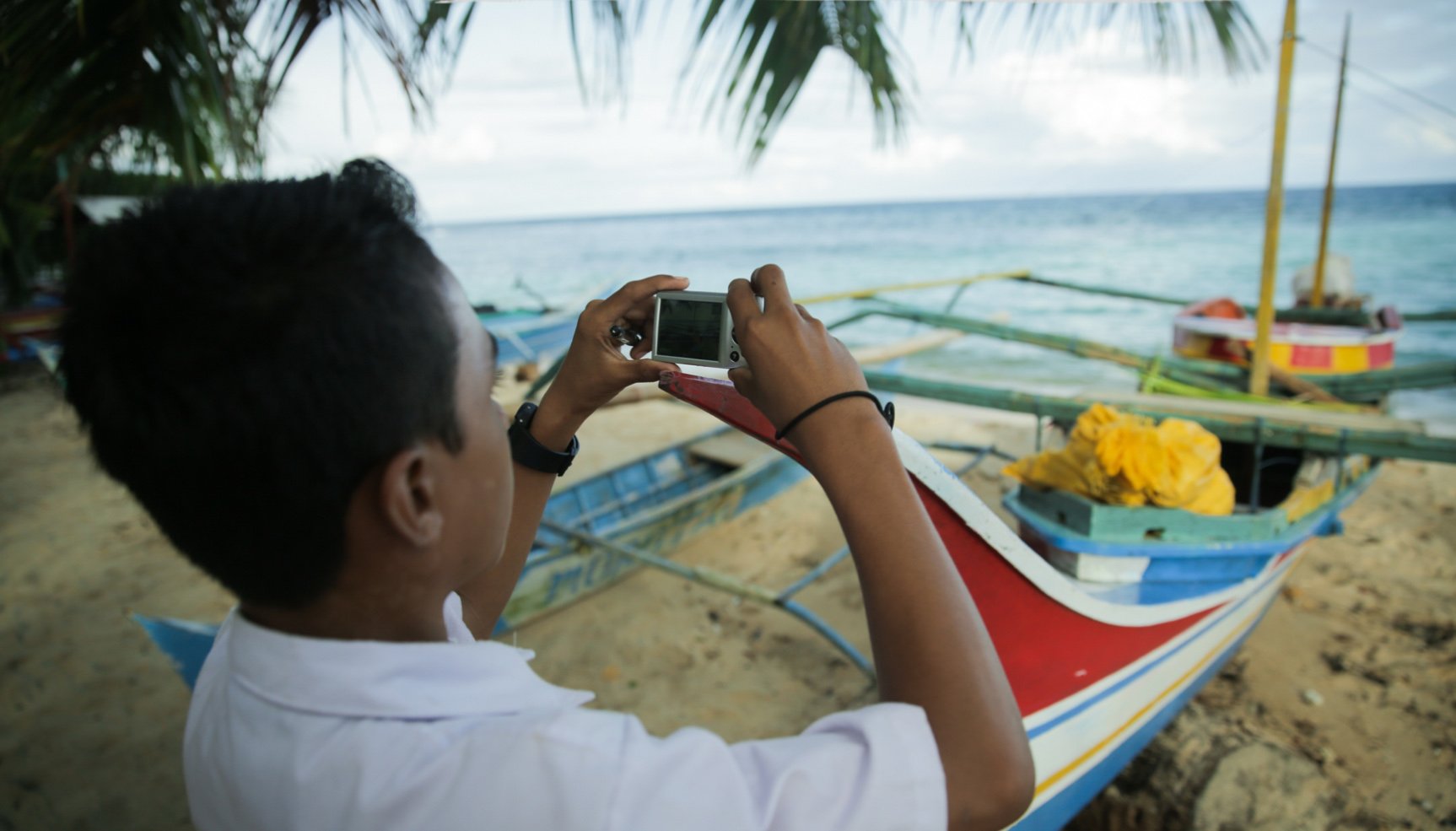
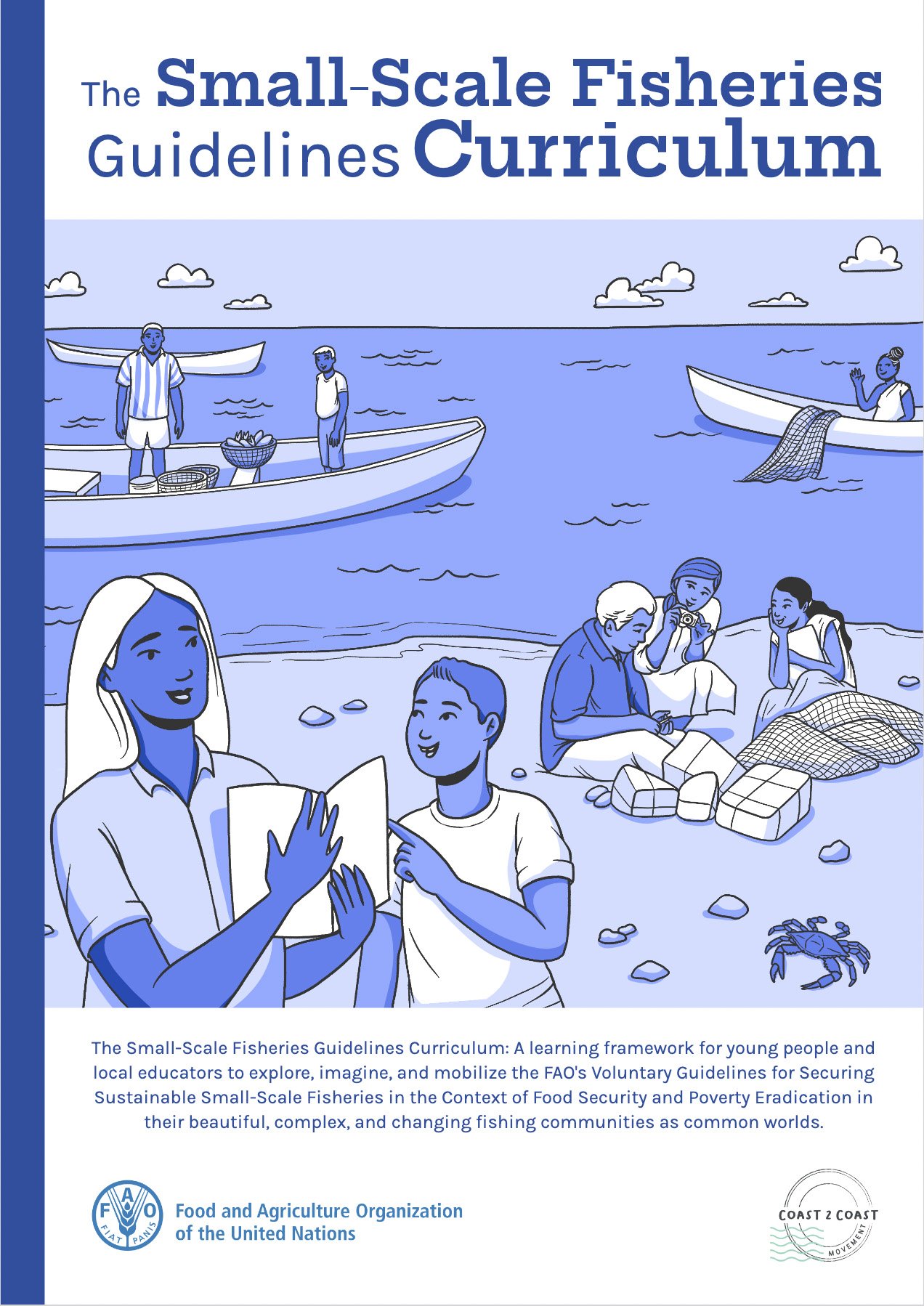
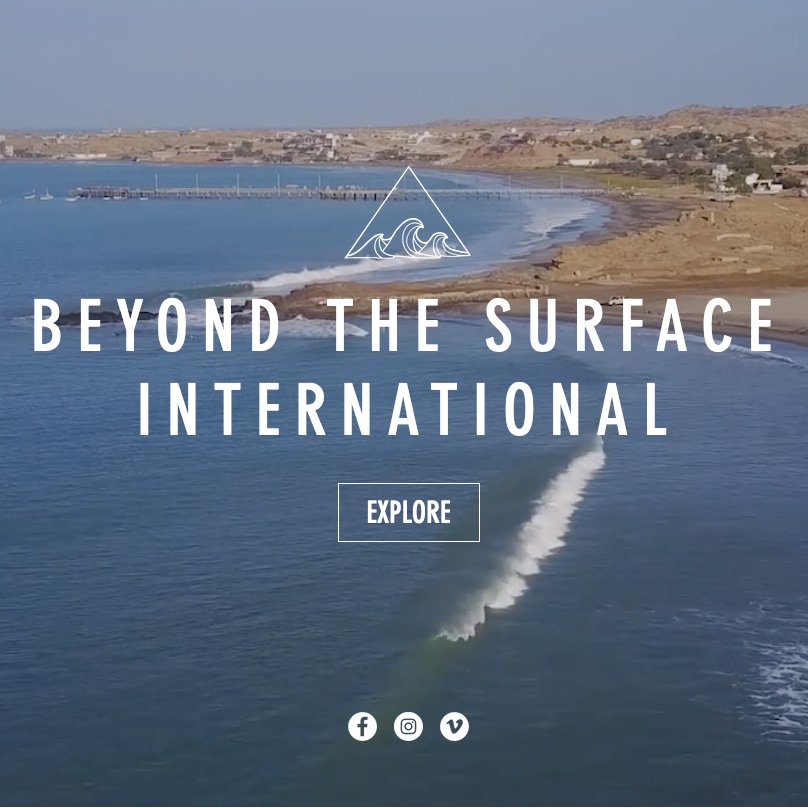
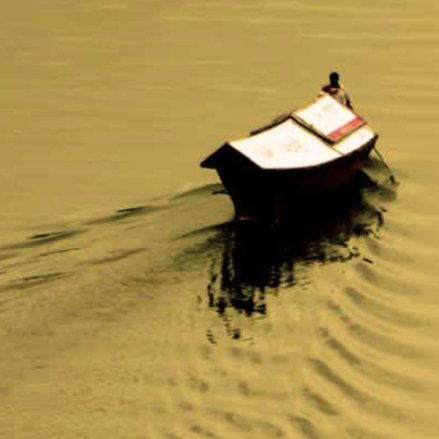)
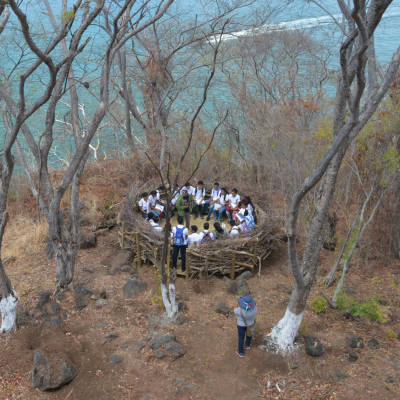)
